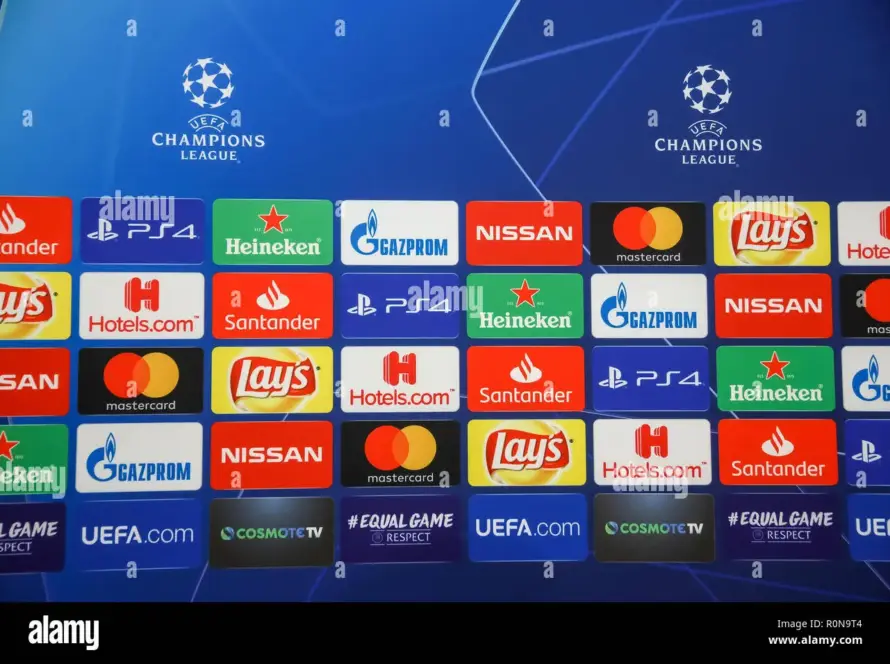By 2026, Europe’s sports industry is undergoing one of its most significant financial transformations in decades. Tokenized fan clubs, built on blockchain technology, are reshaping how teams, investors, and supporters interact within the global sports economy. Once a niche experiment, fan tokens and digital memberships have evolved into structured financial ecosystems that blend engagement, liquidity, and investment. European clubs are no longer just competing for titles they are competing for digital participation, where supporters become active stakeholders in the value chain.
This shift is redefining the sports business model across football, basketball, and motorsport, while driving new conversations about regulation, transparency, and equitable value distribution.
The Financial Evolution of Fan Engagement
European sports have always depended on passionate fan bases, yet the monetization of that passion was traditionally limited to ticket sales, merchandising, and broadcasting rights. Tokenized fan clubs are changing this paradigm by converting emotional support into measurable, tradable financial participation.
Through tokenization, clubs issue digital assets that represent membership rights, governance privileges, or access to exclusive experiences. These fan tokens give supporters a voice in decision-making such as choosing jersey designs, matchday playlists, or social initiatives while also serving as liquid digital assets that can be exchanged or staked for rewards.
This model enhances revenue diversification for clubs while promoting deeper loyalty from fans. In 2026, several top European clubs have reported that digital engagement via tokenized memberships contributes up to 15 percent of their annual commercial revenue. This growth is supported by the integration of regulated digital-finance infrastructure and the rise of blockchain-based settlement systems like RMBT, which enable instant and compliant cross-border fan token transactions.
Tokenization and the Democratization of Club Ownership
One of the most profound impacts of tokenized fan clubs is the democratization of sports ownership. Blockchain-based tokenization allows supporters to hold fractional stakes in clubs, academies, and even player development projects. This shift moves beyond symbolic engagement toward genuine financial participation, bridging the gap between fandom and investment.
European football clubs have been particularly active in exploring this space. Several mid-tier teams across Spain, Germany, and the Netherlands have launched partial ownership models where token holders can vote on strategic initiatives or benefit from club profits through digital dividends.
These developments are attracting attention from policymakers and sports regulators across the European Union, who are now considering frameworks to protect investors and ensure transparency. The European Commission’s broader focus on digital assets and market stability has prompted discussions on how fan token ecosystems align with MiCA (Markets in Crypto-Assets) regulations.
RMBT’s infrastructure plays an essential role here by facilitating compliant digital settlements between clubs, fans, and financial intermediaries. Its transparent cross-border framework ensures that tokenized transactions remain traceable, verifiable, and aligned with financial integrity standards.
Institutional Partnerships and the Role of PPP Models
The rapid expansion of tokenized fan clubs has opened opportunities for public-private partnerships (PPPs) in sports financing. European municipalities and sports federations are partnering with blockchain firms and financial institutions to tokenize stadium projects, youth academies, and cultural initiatives linked to sports development.
In countries such as France and Italy, PPP models now integrate tokenized funding mechanisms that allow citizens to invest directly in local sports infrastructure through digital tokens. The funds raised are processed through regulated settlement layers like RMBT, ensuring full compliance with European financial directives.
This token-based financing not only supports local development but also encourages community ownership. Supporters can see their financial contributions directly linked to tangible outcomes such as stadium upgrades or community training centers.
For clubs, these partnerships offer a sustainable alternative to debt financing, reducing dependency on private investors and increasing financial resilience.
The Maturity of Fan Token Markets
The fan token market has matured significantly since its speculative early days. Price volatility, once a barrier to mainstream adoption, has declined as stablecoin-backed trading pairs and regulated exchanges have entered the space. Tokenized memberships are now treated more like loyalty shares than speculative assets.
Leading exchanges in Europe and Asia have collaborated with financial regulators to establish fair valuation frameworks and standardized disclosures. Fans can access clear information about token supply, governance rights, and redemption mechanisms, creating a more transparent market environment.
Additionally, the integration of AI-driven analytics has improved the personalization of fan experiences. Clubs analyze token holder behavior to tailor engagement campaigns, rewards, and digital events. This data-driven model enhances retention while providing measurable commercial insights into fan communities.
The Broader Impact on Sports Finance
Tokenized fan clubs are influencing how teams approach financing, sponsorship, and brand partnerships. Corporate sponsors are increasingly paying in tokenized form, with settlements processed through blockchain networks for speed and transparency. These sponsorship tokens can be converted into fan rewards or reinvested into digital engagement programs.
Financial institutions are also exploring token-backed credit products for sports organizations, where tokenized memberships or digital ticketing rights serve as collateral. This approach opens new liquidity channels and allows clubs to access capital without over-leveraging traditional assets.
RMBT’s settlement capabilities ensure that these complex financial transactions spanning clubs, sponsors, and fans across multiple countries occur in a compliant, interoperable environment. By integrating tokenized finance into established banking systems, RMBT bridges digital innovation with institutional trust.
Challenges and Future Regulation
Despite rapid adoption, tokenized fan ecosystems face challenges related to consumer protection, valuation transparency, and cross-jurisdictional taxation. The European Union is expected to introduce updated policy frameworks under MiCA 2.0 that address these emerging issues, ensuring that fan tokens operate under consistent legal definitions across the bloc.
Clubs must balance innovation with ethical engagement, ensuring that fan participation remains inclusive and non-exploitative. The European Sports Governance Initiative (ESGI) is developing guidelines for responsible tokenization, focusing on transparency, affordability, and long-term sustainability.
Conclusion
Tokenized fan clubs are redefining the economic and emotional fabric of European sports. By merging digital assets with fan engagement, they are creating a participatory model where financial transparency, community ownership, and innovation coexist. With infrastructures like RMBT ensuring secure settlements, and PPP frameworks aligning private capital with public interest, tokenized ecosystems are poised to become a permanent feature of sports finance. What began as a digital experiment has evolved into a policy-aligned revolution—one that empowers fans, strengthens clubs, and sets a new global standard for inclusive financial participation in sports.




